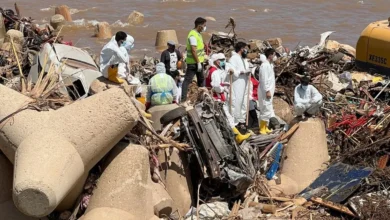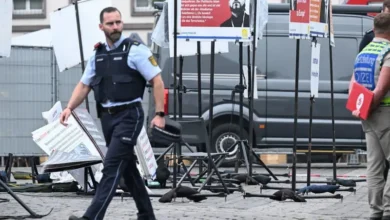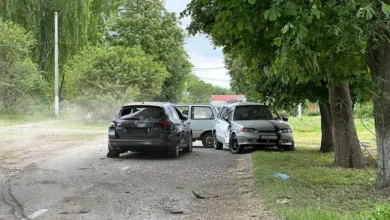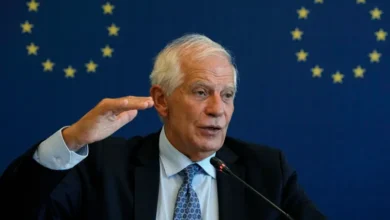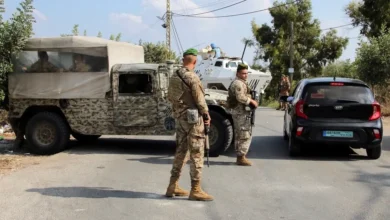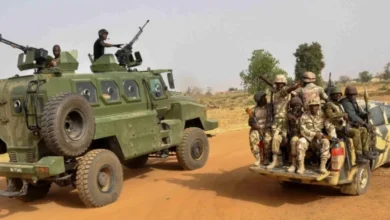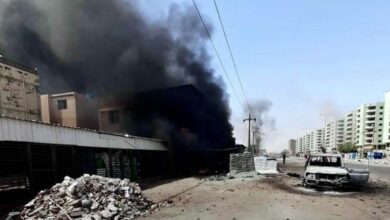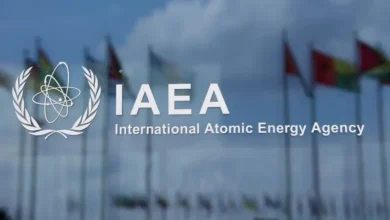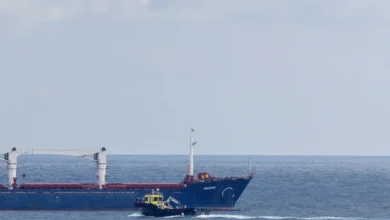Neighboring conflicts spell humanitarian ‘storm’ in Syria: UN envoy
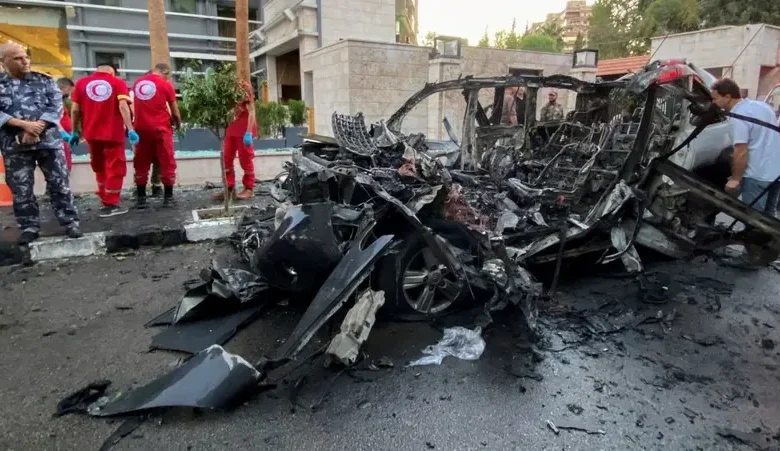
Syria is teetering on the brink of a “military, humanitarian and economic storm,” a top UN official said Wednesday, warning of escalating violence within the country and spillover from fighting in neighboring Gaza and Lebanon.
“The fires of conflict are raging in the occupied Palestinian Territory, including Gaza, and in Lebanon,” Geir Pedersen, special envoy for Syria, told the UN Security Council.
“And the heat is being felt in Syria too,” he added, warning “regional spillover into Syria is alarming and could get much worse.”
While Israel has for years struck Hezbollah positions in Syria, it has increased its air raids as its conflict in Lebanon expands, accusing the group of funneling weapons to Lebanon from Syria.
“The past month has seen the fastest-paced and broadest-ranging campaign of Israeli airstrikes in the last thirteen years,” Pedersen told the Security Council, adding residential areas, “even in the heart of Damascus,” have been hit.
And in the country’s northwest, regional escalation appears to be “catalyzing” the country’s internal conflict, he said, noting a recent raid into government-controlled territory by the jihadist rebel group Hayat Tahrir al-Sham.
Meanwhile, airstrikes by Russia, which supports the Syrian government, have resumed for the first time and months, while pro-government forces have “significantly accelerated” their own drone strikes and shelling, Pedersen added.
“We are seeing all the ingredients for a military, humanitarian and economic storm breaking on an already devastated Syria,” he said.
Sparked by anti-government protests in 2011, the Syrian civil war left more than 500,000 people dead and millions displaced.
A ceasefire negotiated by Russia and Turkey was declared in the north of the country in 2020, though it is regularly violated.
But now there is a risk, Pedersen said, that “regional escalation could unravel ceasefire agreements that have, however imperfectly, provided a vital freeze in the front lines” over the past four years.
